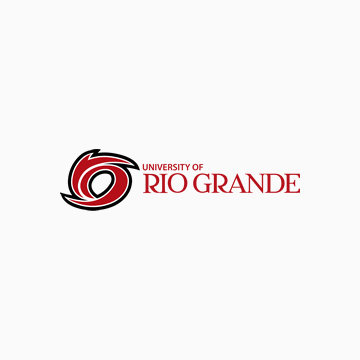University of Rio Grande

The average annual net price that a student who receives federal financial aid pays to cover expenses (e.g. tuition, living expenses, etc.) to attend the school's largest program. Net price is the program's cost of attendance minus any grants and scholarships received. For public schools, this is only the average cost for in-state students. Negative cost values indicate that the average grant/scholarship aid exceeded the cost of attendance.
Est. Student Population
Healthcare Programs
About University of Rio Grande
Founded in 1876, University of Rio Grande has been many different types of institution, but is currently a four-year college. The school offers many programs, from certificate to doctorate level. The school strives to provide a learning-centered community.
University of Rio Grande offers the following healthcare-related courses:
Medical Coding & Billing - Certificate
University of Rio Grande offers a two-semester Medical Coding & Billing certificate program. The program is designed to help students feel prepared to take the national certification exam from the American Academy of Professional Certificates, and to help students expand their skill sets to prepare them for employment. Students will take courses like Healthcare Reimbursement, ICD Coding, and Electronic Health Records.
Recent news about University of Rio Grande
The tuition reduction is a strategic move that the university is hopeful will help mitigate the state’s current nursing shortage.
James Mitchell has pledged to pay for tuition, fees, and books for any student who wishes to attend the McArthur Center at Rio Grande Community College/University of Rio Grande.
A total of $2.8 million from two separate endowments will create two new scholarship funds at the University of Rio Grande to continue making higher education more accessible to more students.
The University of Rio Grande will now offer a Certified Financial Advisor, an Associate of Technical Studies in Cybersecurity, a Bachelor of Science in Public Health, and a Bachelor of Science in Neuroscience starting in the Fall 2023 semester.
The Affordability Plan was announced in May and includes lower tuition and student housing rates. University of Rio Grande also announced the expansion of student support services.



